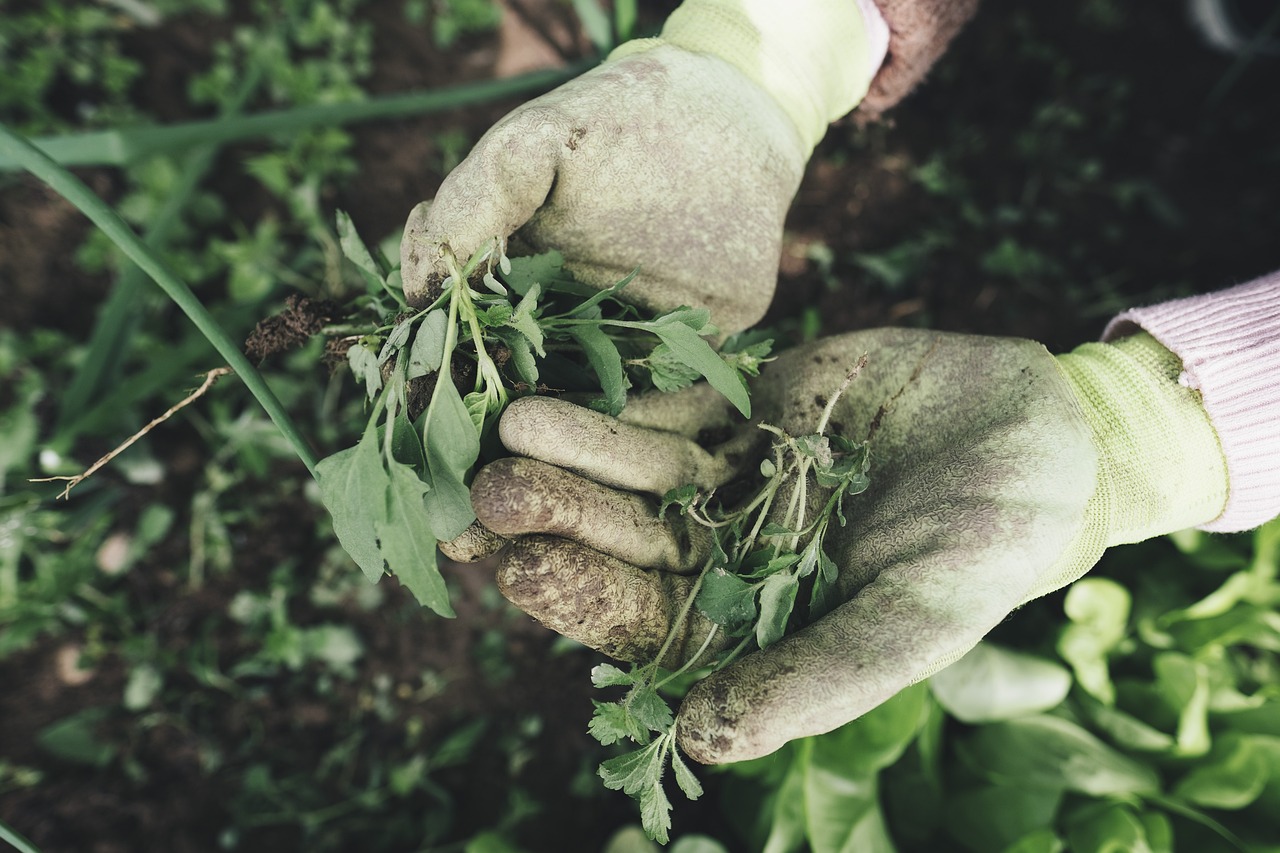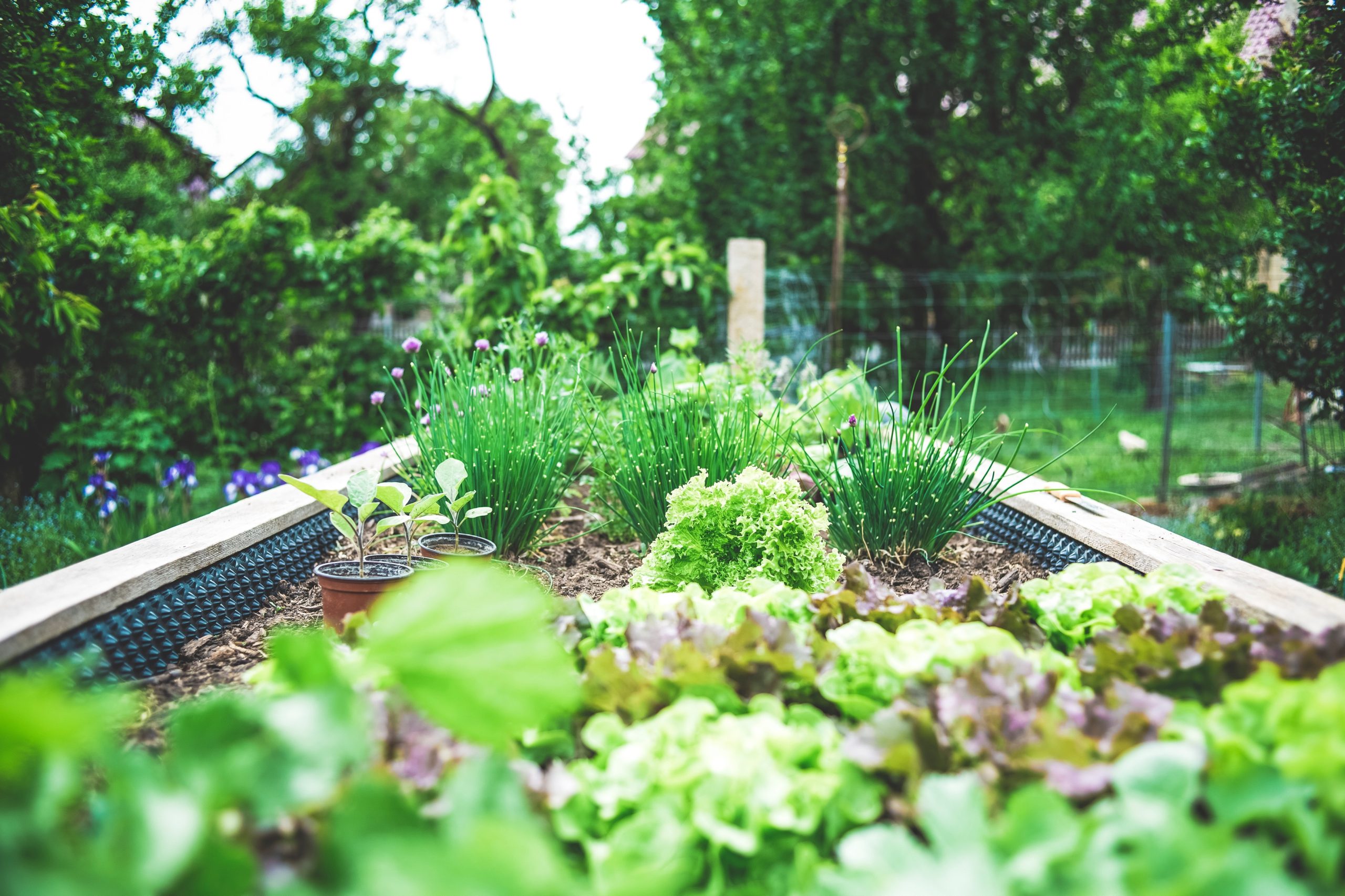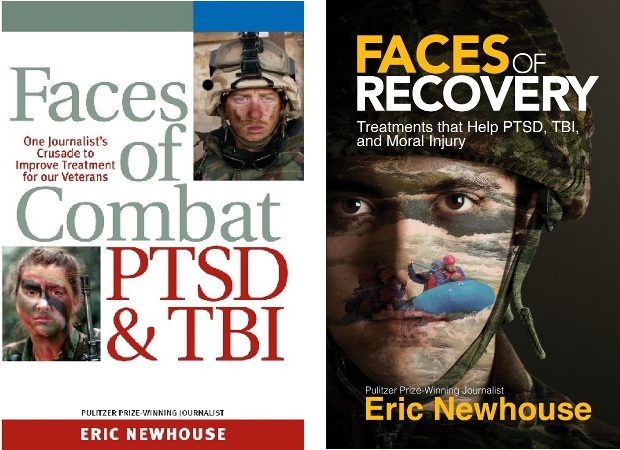Post-Traumatic Stress Disorder (PTSD) is a mental health condition that affects a significant number of military veterans, often stemming from their experiences in combat zones. The journey to recovery from PTSD can be challenging, but alternative therapies like horticulture therapy have shown remarkable promise in helping veterans heal and reclaim their lives. Horticulture therapy, the use of gardening and plant-related activities as a therapeutic tool, has gained popularity in recent years due to its proven benefits on mental health and overall well-being.

The Therapeutic Power of Gardening
Gardening has been a beloved pastime for centuries, and its therapeutic benefits are now scientifically recognized. Horticulture therapy involves engaging in gardening tasks such as planting, cultivating, and harvesting plants, as well as caring for them. These activities promote relaxation, reduce stress, and provide a sense of accomplishment and purpose – factors that can be particularly beneficial to veterans struggling with PTSD.
- Stress Reduction: The act of gardening stimulates the production of endorphins, the brain’s “feel-good” chemicals, which help reduce stress and anxiety levels. The repetitive and rhythmic motions involved in gardening can induce a meditative state, calming the mind and promoting mental clarity.
- Connection to Nature: Being surrounded by nature can have a profound impact on mental health. Horticulture therapy allows veterans to reconnect with nature, fostering a sense of peace and tranquility. The natural environment acts as a buffer against intrusive thoughts and triggers, providing veterans with a safe and therapeutic space to heal.
- Sense of Purpose: After serving in the military, many veterans struggle with finding a sense of purpose in civilian life. Horticulture therapy provides a structured and meaningful activity that gives veterans a renewed sense of purpose. Watching plants grow and flourish under their care instills a sense of responsibility and accomplishment, boosting self-esteem and confidence.
- Social Interaction: Group gardening sessions can be highly beneficial for veterans with PTSD, as they offer opportunities for social interaction and support. Working together towards a common goal fosters a sense of community and belonging, reducing feelings of isolation and loneliness.
Managing Trauma with Horticulture Therapy
Horticulture therapy is tailored to meet the specific needs of veterans with PTSD. Therapists and horticulturists collaborate to design personalized programs that address the unique challenges faced by each individual. These programs incorporate therapeutic activities that encourage self-expression, emotional processing, and the development of coping strategies to manage trauma-related symptoms effectively.
Within the realm of horticulture therapy, mindfulness techniques hold a particularly crucial role. By encouraging veterans to be fully present while engaging in gardening tasks, they can effectively redirect their thoughts from traumatic memories, lessening the intensity of their PTSD symptoms.
Planting activities in horticulture therapy extend beyond the physical act itself; they also carry symbolic significance. Veterans can draw parallels between their journey of recovery and the growth of a seed into a thriving plant. This symbolism reinforces the idea that healing is not only possible but also achievable through this therapeutic process.
The environment necessary for horticulture therapy also plays a role in the recovery process. Horticulture therapy often unfolds in tranquil garden settings, providing veterans with a safe and calming environment that is beneficial to their healing process. The presence of natural elements, such as fresh air, sunlight, and greenery, plays a pivotal role in reducing stress levels and evoking positive emotions among the participants.
A unique facet of horticulture therapy lies in the creation of gardens specifically designed to be therapeutic both to the people who grow them and the people who visit them. These gardens are purposefully designed to promote healing and rehabilitation. By incorporating sensory elements, wheelchair-accessible pathways, and relaxation areas, they ensure that all veterans, regardless of their abilities, can experience the benefits of this therapeutic approach.

Planting the Seed…
Horticulture therapy has emerged as a powerful and effective tool in assisting veterans with PTSD on their journey to recovery. By harnessing the therapeutic power of gardening and nature, this innovative approach offers a safe space for veterans to process trauma, reduce stress, and rediscover a sense of purpose and belonging. As horticulture therapy continues to gain recognition, it is essential to advocate for its integration into mainstream mental health care, ensuring that all veterans have access to this transformative and life-affirming treatment. Even the most beautiful gardens begin with the planting of a single seed.
Are you a veteran in need of assistance? Click this link for a list of resources made specifically for you.If you’re having suicidal thoughts, please call either The National Veterans’ Foundation at 1-888-777-4443 or the VA Suicide Prevention Hotline at 1-800-273-TALK (800-273-8255).
Both hotlines are free and confidential. If you’re not a veteran but would still like to help out, you can get involved through our donation page here







